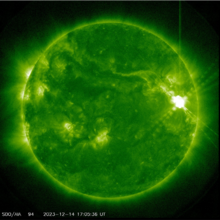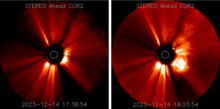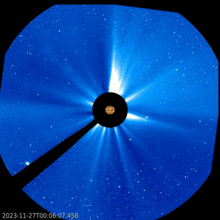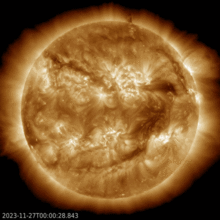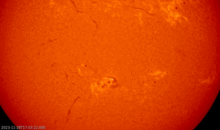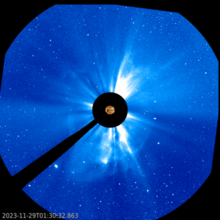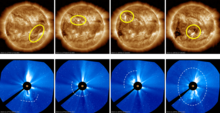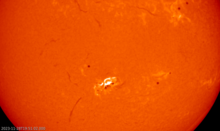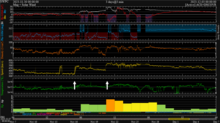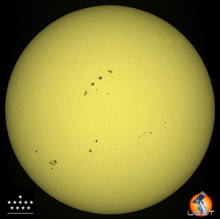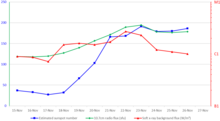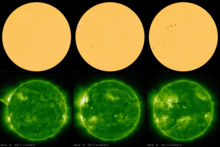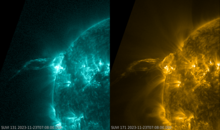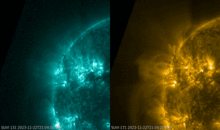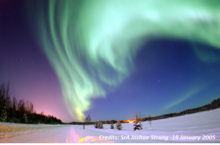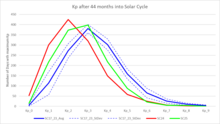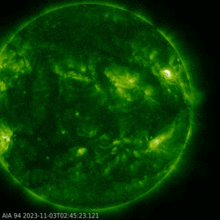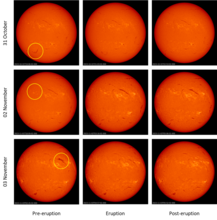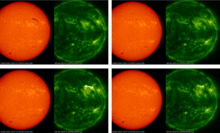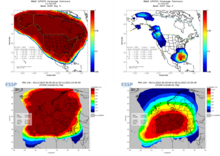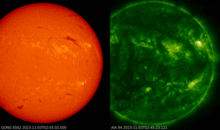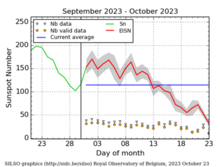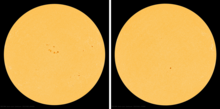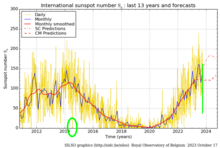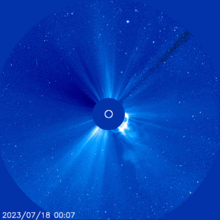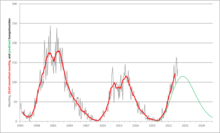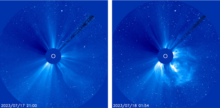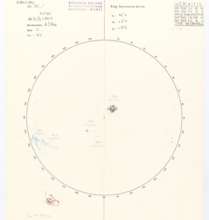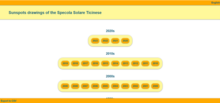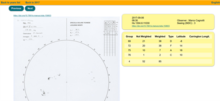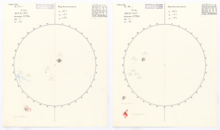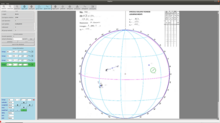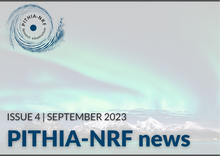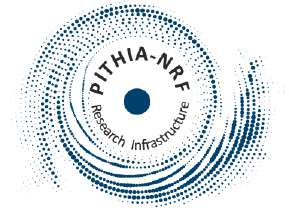news
Submitted on 2023-12-14
Complex sunspot group NOAA 3514 unleashed an X2.8 flare on 14 December. This is the strongest solar flare so far this solar cycle.
Submitted on 2023-12-05
Several solar eruptions on 27 and 28 November had an earth-directed component and caused a major geomagnetic storm on 1 December.
Submitted on 2023-11-28
While the daily sunspot number skyrocketed last week, the number of strong flares was quite modest.
Submitted on 2023-11-14
So far, ongoing solar cycle 25 (SC25) has been geomagnetically more active than its predecessor SC24, but remains overall well below the long-term average of SC17 to 23.
Submitted on 2023-11-08
A trio of earth-directed CMEs resulted in a major geomagnetic storm.
Submitted on 2023-10-24
The daily sunspot number continued its sharp decline this week. Ups and downs during a solar cycle maximum are not unusual.
Submitted on 2023-10-16
The STCE's SC25 Tracking page has been updated to reflect the latest evolution in some critical space weather parameters for the ongoing solar cycle 25 (SC25).
Submitted on 2023-10-14
The Locarno station just completed a 5 year digitization project archiving sunspot observations and data from 1 June 1957 onwards.
Submitted on 2023-10-12
You can help her win the prize of the public by casting your vote.
Submitted on 2023-10-06
If the words Plasmasphere Ionosphere Thermosphere, ring a bell, this might interest you.
Pages
Zircon - This is a contributing Drupal Theme
Design by
WeebPal.

